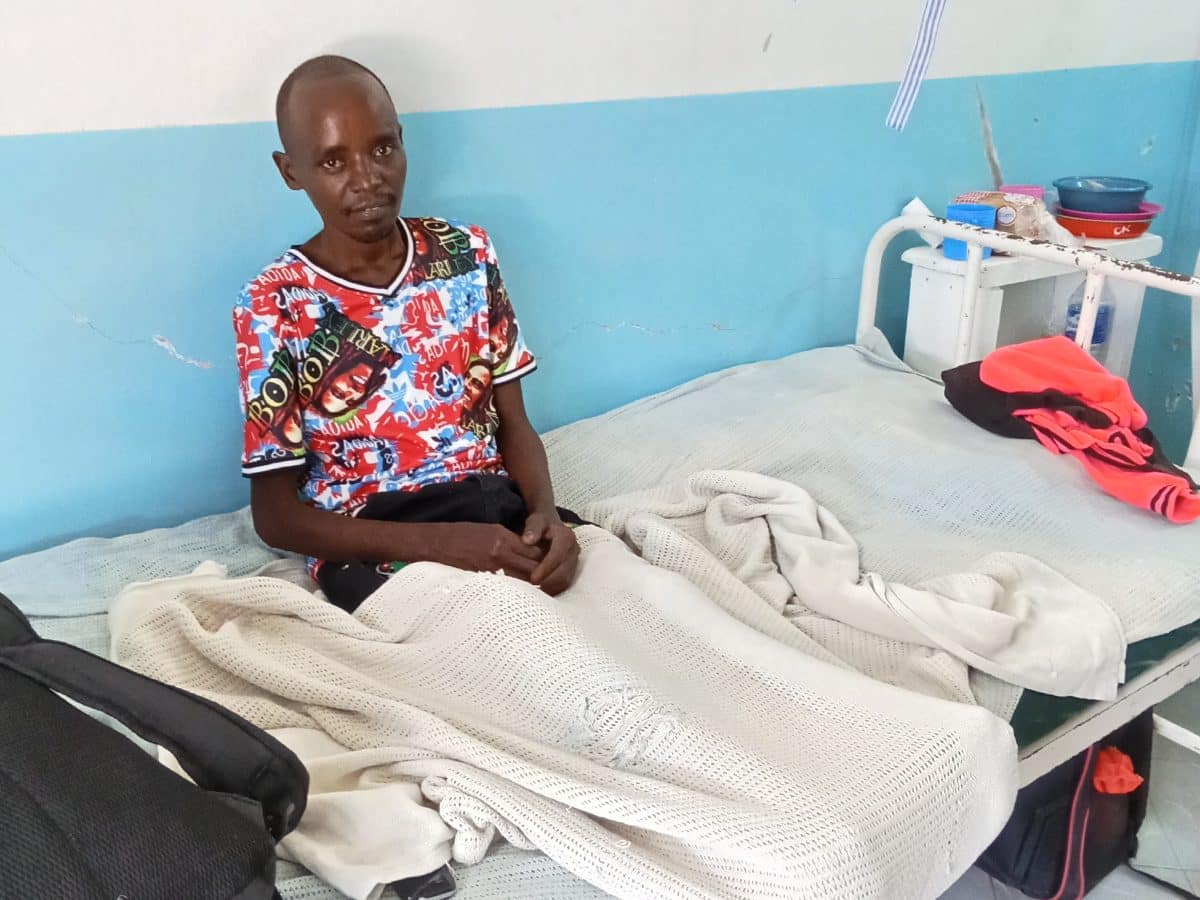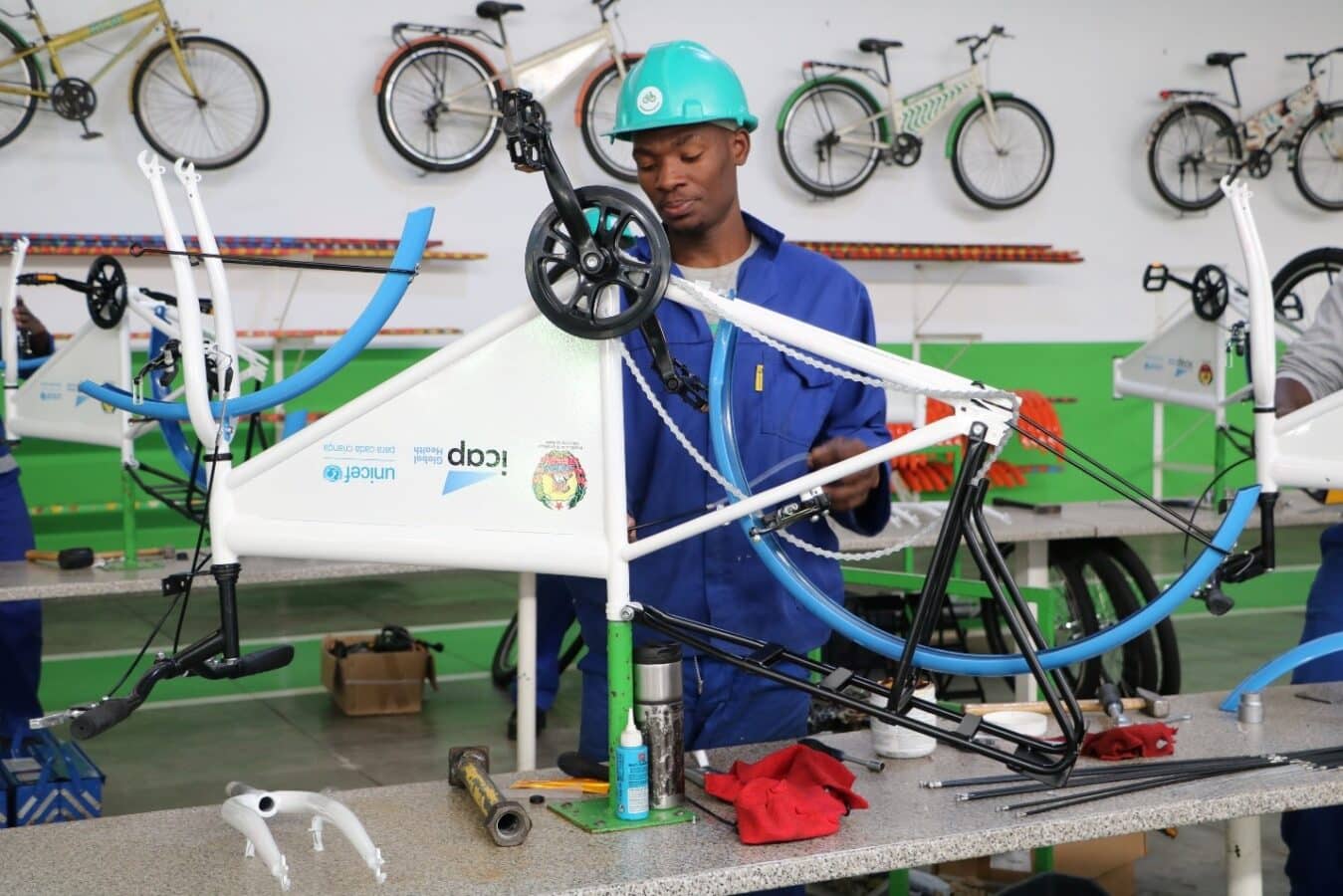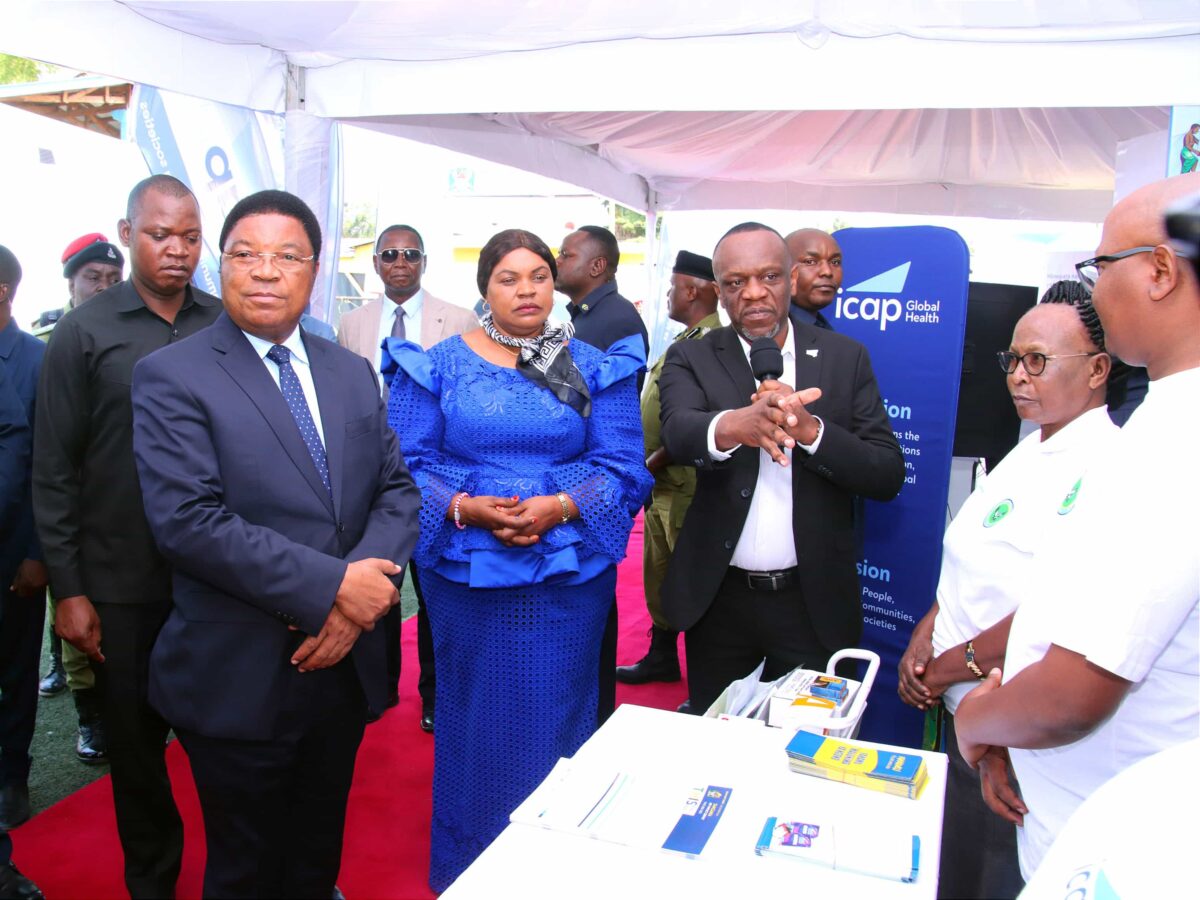The Assosa Zone of Ethiopia’s Benishangul-Gumuz Region is renowned for its abundant gold mines, attracting jobseekers from across the country and making artisanal gold mining—or informal, small-scale mining—the primary source of income for a substantial portion of the population there.
Unfortunately, Assosa—located near Ethiopia’s border with Sudan and South Sudan—is also classified as a high malaria burden area. Though everyone living and working in the region is vulnerable to malaria, the miners are particularly susceptible to malaria infection, in part because they dig into hills searching for gold, which creates ready-made puddles when it rains, perfect for mosquito breeding. Additionally, typical malaria prevention tools like spraying insecticide indoors and using bed nets treated with insecticide—called long-lasting insecticide nets—are difficult to implement with the miners because of the nature of their work and dwellings, which tend to be open air, temporary shelters without walls due to the heat. In fact, some miners resort to sleeping outside, making them even more susceptible to mosquito bites.
As a result, workers at the mines often fall ill from the disease and are unable to get prompt treatment since the nearest health center is located 20 kilometers away from the mining field. In fact, during the peak transmission season of September to November, the number of malaria cases outstrip the total number of patients diagnosed with other diseases from that community.
In response, ICAP is part of an innovative initiative to provide rapid, on-site malaria diagnosis and treatment to gold miners in Assosa Zone and the neighboring Metekel Zone via mobile health service teams consisting of clinicians recruited by Benishangul Gumuz Regional Health Bureau. The diagnostic testing process takes 15 to 30 minutes; if the patient tests positive, the team immediately provides anti-malarial medication.
Between November 2022 and January 2023, 23 mobile teams tested 8,834 miners exhibiting malaria symptoms and successfully treated the 58 percent whose tests came back positive. Not a single death from malaria was reported from within the miner population during that period.
The initiative is funded by the United States Agency for International Development (USAID)—through the U.S. President’s Malaria Initiative (PMI)—and implemented in Ethiopia by ICAP under the leadership and guidance of the Ministry of Health and Ethiopian Public Health Institute (EPHI). ICAP has spent nearly 14 years actively working to improve malaria diagnosis in Ethiopia through the President’s Malaria Initiative.
ICAP collaborated closely with the Benishangul Gumuz Regional Health Bureau to plan and organize the mobile teams and provided rigorous training and ongoing mentorship to the clinicians chosen to staff them. ICAP also provided malaria case management registers and reporting tools to all the sites where the teams were deployed and trained the staff in their use.
The initiative has demonstrated the importance of early detection and on-the-spot care for malaria.
The mobile health teams “not only improved the migrant workers’ health status, but also positively impacted their economic well-being,” said Yonas Temesgen, MD, ICAP’s private and workplace health facilities support advisor in Ethiopia.
Malaria is one of the biggest threats to health in Ethiopia, where more than two-thirds of the population lives in high-risk areas and over 1.5 million cases are reported annually. Along with showcasing a successful model for providing effective malaria diagnosis and treatment services to marginalized and hard-to-reach communities, the mobile health service team is generating data that can be used by health authorities to develop better policies and programming.
“ICAP remains committed to closely collaborating with the Ministry of Health and regional health bureaus to develop customized malaria interventions that are specifically designed to address the unique needs of different communities, including mobile workers in local gold mining sites,” said Zenebe Merlaku, MD, ICAP’s country director in Ethiopia.
About ICAP
A major global health organization that has been improving public health in countries around the world for two decades, ICAP works to transform the health of populations through innovation, science, and global collaboration. Based at Columbia Mailman School of Public Health, ICAP has projects in more than 40 countries, working side-by-side with ministries of health and local governmental, non-governmental, academic, and community partners to confront some of the world’s greatest health challenges. Through evidence-informed programs, meaningful research, tailored technical assistance, effective training and education programs, and rigorous surveillance to measure and evaluate the impact of public health interventions, ICAP aims to realize a global vision of healthy people, empowered communities, and thriving societies. Online at icap.columbia.edu








